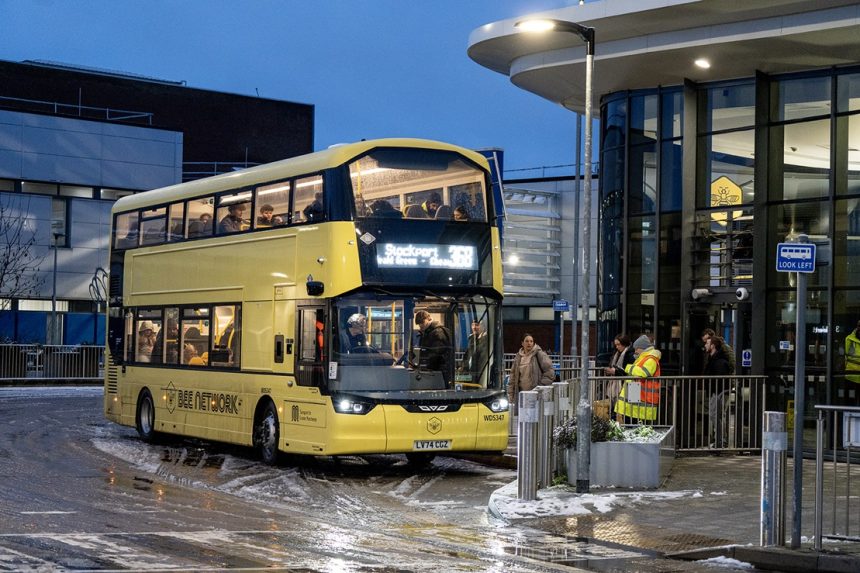The bus franchising juggernaut continues its march. Completion of that process in Greater Manchester has – on the face of it – been an early success, including for the UK bus building industry, although the volume of both money and skilled minds available meant such a result was always likely.
What happens next is largely clear: More Combined Authority areas in England will follow, the Welsh Government’s plans for countrywide reregulation will continue to gather pace, and Strathclyde Passenger Transport will pursue franchising as a favoured option. Where funding comes from in some of those cases is not as explicit, but maybe it will materialise. Maybe.
Existential worries of SME operators around the franchising agenda are clear, and they are unaddressed. There can be no sugar coating: SME involvement with bus operation in Greater Manchester has been decimated by the Bee Network, to the seeming disinterest of anyone in a position to prevent it. A repeat must be averted in all further schemes.
Concern is also present over the ability of county councils and unitary authorities to deliver bus franchising, should any choose to do so. The government is encouraging consideration by those bodies. But there is a big difference between having a look and signing on the line, and it seems likely that relatively few of those authorities will progress to delivery.
However, some undoubtedly will. Councils have seen central or devolved funding butchered in recent years, and public transport departments have often been hollowed out as a result.
Bus Service Improvement Plan capacity allocations will help, but work behind a franchising scheme, even considering simplification within the Bus Services Bill, will still be immense. Meanwhile, external expertise costs money. Consultations cost money. Mobilisation costs an awful lot of money. Better services cost money. Where will it all come from?
Now-daily tales of woe around the cost of government borrowing, growth projections and business confidence coupled to Kier Starmer’s promise that he will be “ruthless” on public spending hardly give rise to an expectation that the forthcoming review of the latter will leave cash raining down upon the bus industry.
One member of the sector familiar with the regulated environment worries that under the current trajectory, the UK will be left with “flawed” franchising schemes that do not deliver what a well-structured and collaborative approach can.
When that is coupled to worries around SMEs that are well-founded and yet easily fixed via the use of subcontracting, and concern about the baseline ability of many local authorities to deliver reregulation, alarm bells should be ringing.
Franchising may very well result in better bus services. It is no doubt the most appropriate delivery mechanism in some areas. But fundamental elements of it need attention before any widespread adoption if that revolution is to deliver long-term success.



























